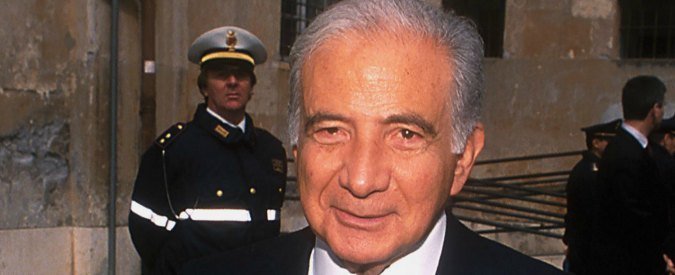There’s an ongoing scandal in the Sicilian press that should be of interest to us.
The Catania court has found that the media company that owns newspapers La Sicilia and La Gazzetta del Mezzogiorno and TV stations Antenna Sicilia and Telecolor served the interests over many years of organised crime by ensuring that news on the Mafia is manipulated and criminals hidden from public view.
La Sicilia is one of the most important newspapers of the island region while La Gazzetta del Mezzogiorno is a prominent newspaper based in Puglia.
The courts found, after 10 years of judicial investigations, that the business of the owner of these media, Mario Ciancio Sanfillippo, developed into “the interests of Cosa Nostra”. He imposed on his publications editorial rules to minimise the public’s attention on mafiosi that had not yet been officially named as subject to investigation by the authorities.

Among the covered up stories, the newspapers refused to publish obituaries for Beppe Montana, a police officer killed by Cosa Nostra. The editor also suppressed articles that named Pippo Ercolano as one of the leaders of a suspected mafia family. When that description was first published Ercolano put pressure on the editor and the director of La Sicilia to suppress any follow up on the story.
A February 2018 interview on La Gazzetta del Mezzogiorno portrays the wife of a mafia boss who physically assaulted a Tg1 journalist investigating organised crime, Maria Grazia Mazzola, as a peacenik who lost her temper on the wrong day, mis-representing the extent of the physical aggression that had occurred.
This development — read more about it in Il Fatto Quotidiano — shows how organised crime, using its financial resources, advertising budgets, business connections and personal loyalties, manipulates news organisations to legitimise its activities in their reporting or to overlook information they may have of what lies beneath the surface of apparently legitimate business activity.
At times when news organisations are cash strapped and compete with informal news sources that are actively manipulated by hidden hands, media sources are now more than ever vulnerable to this sort of illicit control.
An even greater problem here in Malta is that we think that organised crime is something that happens in Sicily but not here and what you see in the business of sharp suited, white collar, sophisticated entrepreneurs is exactly what you get.
It is even harder to have a critical media consumer market when we have been trained for generations to accept manipulated news-stories provided to us by our own political party. The faculty of analysis and scepticism is voluntarily abdicated over decades of preferring to imbibe what the party media provides than the effort to match that with fact.
That is fertile ground for manipulation by people whose intent is less public spirited than winning the next election. It is a fertile ground enriched by impoverished political parties and perpetually near-bankrupt media organisations.
In this upside down world, the journalists and the politicians who refuse to bow to the pressure of organised crime and its plentiful resources, become the criminals. We need to stop thinking of Vito Corleone’s New Jersey olive oil business when we think of organised crime. We need to start thinking where all the money for all the concrete poured over our soil is coming from and where it is going.
And media and political parties whose feet are stuck in that concrete right up to their ankles are not going to find out for us.